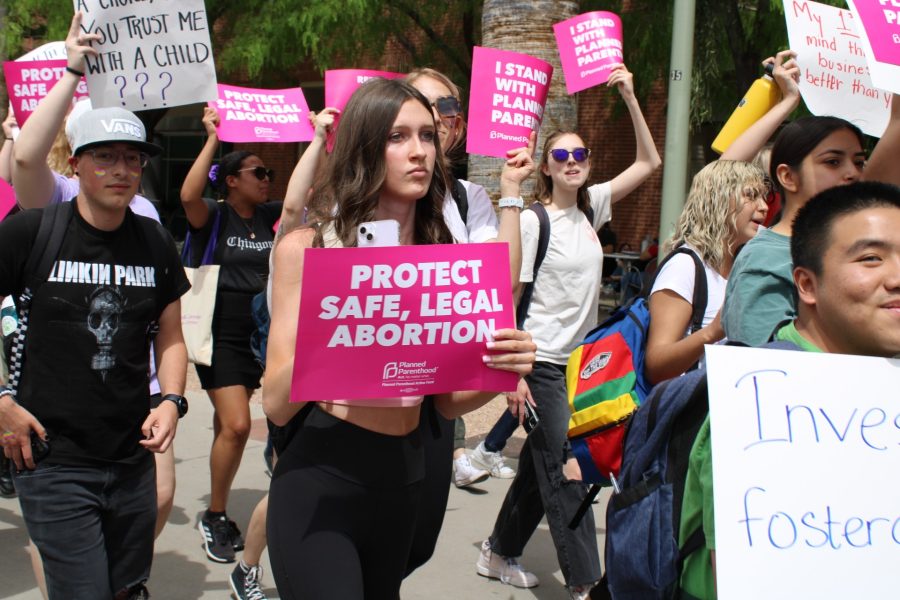Renew. Reuse. The U.S. and the world’s energy diet is changing and diversifying, according to a new documentary titled “Switch.”
Created by Scott Tinker, director of the Bureau of Economic Geology, and documentary filmmaker Harry Lynch, “Switch” explores how Iceland, France and many more nations are dealing with energy production.
The aim of “Switch” is to provide an unbiased look at various kinds of energy production while presenting the facts so viewers can interpret them for themselves.
Tinker and the team spent three years filming and in post-production to complete the film and explore the various ways to produce energy.
“Really, [Tinker is] an engineer; he’s a bridge builder,” said George Davis, Regents’ professor emeritus of geosciences at the UA, introducing Tinker at the Gallagher Theater last Wednesday.
Davis, the UA Honors College and Maya Cross-Killingsworth, a microbiology sophomore, collaborated to bring Tinker to the UA and secure a showing of “Switch.”
“The real switch is how we think about things,” Tinker said. He explained that a region’s natural resources — for example, the scarcity of water in the Southwestern U.S. or Iceland’s geothermal energy — have a large impact on the kind of energy developed in each area.
Flipping a light switch is instantaneous, and many people do not realize how complicated it is to procure the energy that enables this convenience. A reliable energy source must have two things: A constant flow and a low cost.
One of the major problems of energy production, according to Tinker, is storage. In order to have a constant flow of energy from renewable sources, there needs to be an efficient way to store it.
“If you want to change the future, crack that nut,” Tinker said.
Currently, energy storage for renewable energies, like wind and solar, is not efficient enough to compete with the sources that are currently available to be the primary source of energy deliverance.
The other facet of energy consumption is cost.
“The public demands cheap energy,” Tinker said.
The infrastructure for oil and other fossil fuels is already intact, but setting up renewable energy infrastructure will not be cheap in the short term.
Researching the world’s energy problems is a job for scientists; making decisions and prompting action involves more than just researchers.
“There are a lot of science issues that need to be discussed by more than just scientists,” Cross-Killingsworth said.
“Switch” brings the science, but the viewers need to bring their opinions — it’s about “coming to the radical middle,” Tinker said.
He explained that it is about looking at all the facts and coming to a solution that helps the most people, as well as the environment.
Tinker said that critics of the film sometimes succumb to the notion that this film is political, or focus on different scientific topics other than energy.
“It’s a film on energy, not climate,” he said.
Currently, there is no single means for distributing energy to the world, but Tinker said he believes that a solution exists.
“I’m an optimist, or I wouldn’t be here,” Tinker said.








